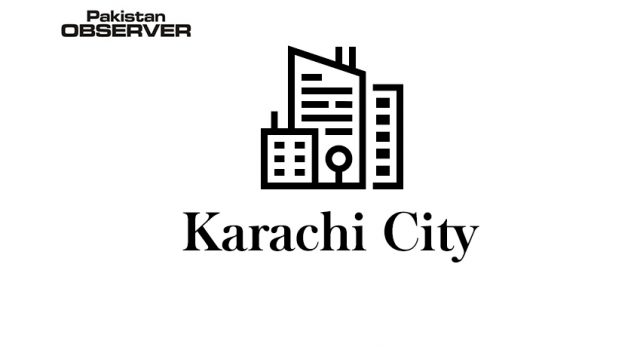A medical camp was organized by Institute of Family Medicine-Jinnah Sindh Medical University (JSMU) here at District Headquarter Hospital, Uthal on Monday.
Doctors and paramedical staff of IFM-JSMU provided treatment to nearly 700 patients out of which included 70% were women and children, during the five hour medical camp.
Vice Chancellor Professor Amjad Siraj Memon said that such medical camps can enhance the public health awareness among underprivileged communities of rural areas, as well as deliver free of cost quality care at their doorstep.
Head of IFM-JSMU Professor Marie Andrades was the lead faculty for organizing the camp.
The team for the camp included Senior Lecturer Dr Pradeep Rai, Lecturer Dr Sadaf Badiuzzaman, JSMU final year medical students Syeda Maheen Zehra, and Hana Javed, Registered Nurse Tabassum, Dispenser Zakir Khan, Junior Clerk Shah Jahan and Naib Qasid Asad.
The team carried Rs. 100,000 worth of basic medicines provided through the generosity of the University.
Head of IFM-JSMU Professor Marie Andrades informed that major medical problems detected in the people were skin infections, gastrointestinal and respiratory infections in majority of the patients.
In addition malnutrition with anemia in both women and children was highly prevalent. Non communicable diseases like HTN and DM were also treated.










